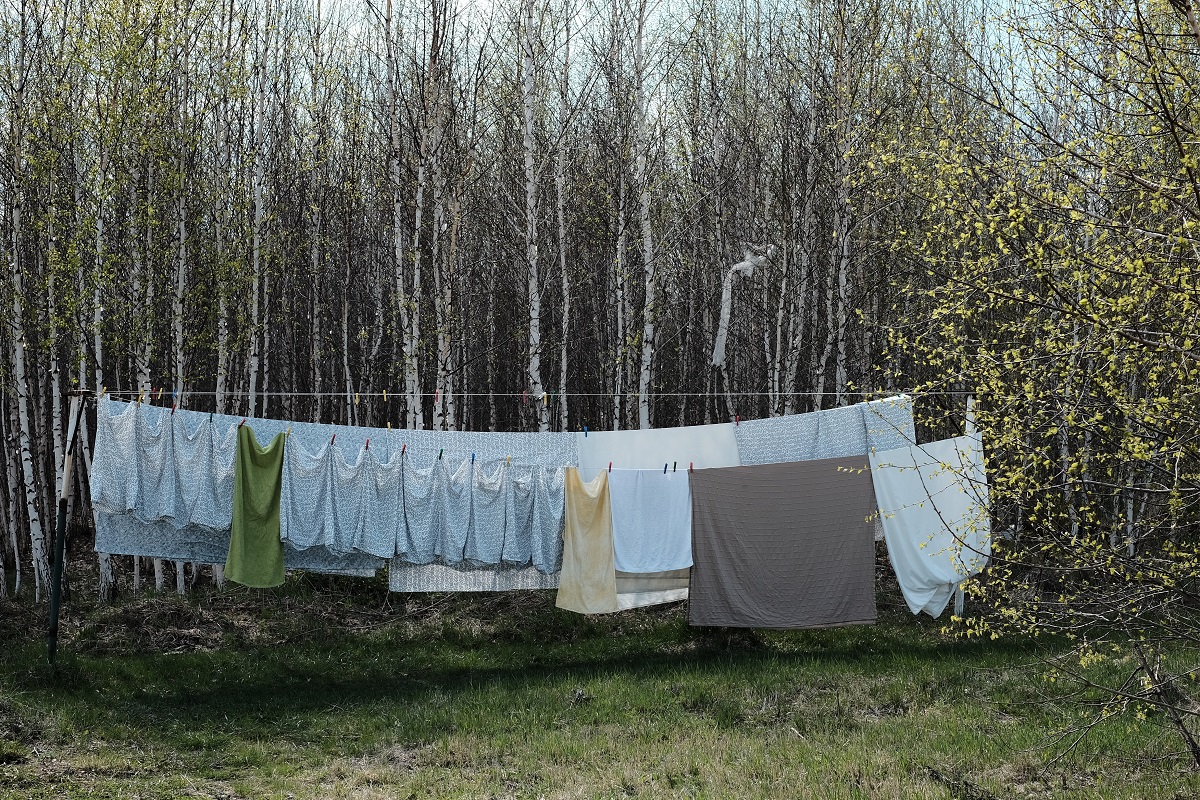 Robin W. Pearson’s writing sprouts from her Southern roots and her love of her husband and seven children. Both lend authenticity to her debut novel, A Long Time Comin’. After graduating from Wake Forest University, she has corrected grammar up and down the East Coast in her career as an editor and writer that started with Houghton Mifflin Company twenty-five years ago. Since then she has freelanced with magazines, parenting journals, textbooks, and homeschooling resources. Follow her on her blog, Mommy, Concentrated, where she shares her adventures in faith, family, and freelancing. Check out this interview with Robin about her new book, A Long Time Comin’.
Robin W. Pearson’s writing sprouts from her Southern roots and her love of her husband and seven children. Both lend authenticity to her debut novel, A Long Time Comin’. After graduating from Wake Forest University, she has corrected grammar up and down the East Coast in her career as an editor and writer that started with Houghton Mifflin Company twenty-five years ago. Since then she has freelanced with magazines, parenting journals, textbooks, and homeschooling resources. Follow her on her blog, Mommy, Concentrated, where she shares her adventures in faith, family, and freelancing. Check out this interview with Robin about her new book, A Long Time Comin’.
Q: What compelled you to write this book?
A: While it’s a fictional work, A Long Time Comin’ began with an “SOS”—my need to Save Our Stories. I wanted to preserve my cultural and regional heritage so it wouldn’t end up in a mental junkyard, where memories get compressed and broken down until they eventually disintegrate. As I wrote them down, however, this SOS transformed into Share Our Stories. I felt called not only to preserve my family’s traditions but to pass on the faith that inspired them, to give them life and breath in my fiction, for I consider writing my opportunity to minister to and build community with others.
Q: What was your process like as you began to craft these characters?
A: Initially, I plotted the facts—the way I teach my little people to approach a math problem. I charted my characters’ names, ages, relationships to each other, and birth order, etc. As I wrote their story by the seat of my pants, I incorporated this information, giving this data flesh and bone, personalities, history, and conflict. Like my lemon curd pound cake, my final product is the result of mixing different writing processes—that of “pantser” and “plotter.”
Q: What role does faith play in this story?
A: Faith is the main character, playing an even bigger role than my Southern heritage. Beatrice Agnew’s limited understanding of real faith depleted her life of joy; her determination to pass it on affected her relationship with her children and granddaughter Evelyn; and my characters’ choice to cling to it in the face of hardship directed the story’s outcome and its message of hope. My novel shows readers that living by faith doesn’t mean we’ll avoid pain. It illustrates how we address it.

Q: You have seven children. How has raising a big family affected your writing?
A: As a homeschooling family, my little people and I spend lots of time working, living, and learning together. Teaching writing skills, grammar, and literature analysis affects how I write, while raising them inspires what I write and who I write about. I’ve learned to work in a whirlwind, for time is a rare commodity, but I wouldn’t trade our lifestyle. Those hours I invest both in my family and in my work are precious, for they’ve taught me lessons about God’s faithfulness and provision that I wouldn’t have learned otherwise.
Q: Healing the past is deeply personal and often difficult. Why did you want to wade into these waters?
A: People say what’s done is done, but the past tense only applies to verbs. We all tote around our history, either as a memory of healing and forgiveness or as an open wound that continually causes us and others pain. Granny B shows that healing the past may take you to unknown depths, but bitterness drowns you.
Q: What was special about crafting a relationship between a grandmother and her granddaughter?
A: These two mirrored each other, down to their shared name. Granny B saw the impact of her past choices borne out in her granddaughter’s life; Evelyn got a clear vision of how her own decisions could impact her down the road. Their common background and similar personalities often made words unnecessary between this grandmother and granddaughter, yet their reticence spelled poor communication with family members “outside their bubble.” I crafted their unique chemistry—not unique in that it was unattainable or unrealistic—to show readers what truths our own family dynamics can reveal and to motivate them to seek out deeper, loving relationships within their families and across generations.

Q: Many readers are looking for diversity in their reading selections. Can you give us insight into the perspective you brought to this novel?
A: Diversity comes in so many forms—our ideas, family size, and education, as well as our shoe size, favorite ice cream flavors, and of course, our cultural background and race. I wanted to write a novel that shows how, despite our differences, we share the same need for acceptance, love, and nourishment; we seek success in our personal and professional relationships; we laugh, cry, argue, and dance over many of the same jokes, setbacks, peculiarities, and triumphs. What draws us together and what diversifies us isn’t solely the color of our characters or even the writer or the reader but our faith—What do we believe? Who do we trust to meet our needs? How do we uniquely address our common problems?—and how we work out this faith day by day.
Q: What do you hope the daughters, mothers, and grandmothers who read this book will walk away with?
A: Often, we see our family in terms of who they are to us—as our mother, sister, daughter, grandmother, aunt, etc.—but we need to see them as people with their own dreams, regrets, faults, and needs. In order for Evelyn to strengthen her relationship with her Granny B, she had to respect her grandmother as Beatrice Agnew, a person who existed before, after, and apart from her children and grandchildren. To improve our own family dynamics, we also need to accept each other as imperfect people who love imperfectly, yet who have the capacity to love deeply.
Q: What is one thing you learned about yourself writing this book?
A: Faith should bring joy. It’s not a survival tool I should use to push through; I shouldn’t wield it like a weapon to whip others into shape. My faith should help me shrink the size of my own mistakes and others’ shortcomings and help me accept and extend the gift of grace.
To hear Beatrice Agnew tell it, she entered the world with her mouth tightly shut. Just because she finds out she’s dying doesn’t mean she can’t keep it that way. If any of her children have questions about their daddy and the choices she made after he abandoned them, they’d best take it up with Jesus. There’s no room in Granny B’s house for regrets or hand-holding. Or so she thinks.
Her granddaughter, Evelyn Lester, shows up on Beatrice’s doorstep anyway, burdened with her own secret baggage. Determined to help her Granny B mend fences with her far-flung brood, Evelyn turns her grandmother’s heart and home inside out. Evelyn’s meddling uncovers a tucked-away box of old letters, forcing the two women to wrestle with their past and present pain as they confront the truth Beatrice has worked a lifetime to hide.


 A Long Time Comin’
A Long Time Comin’

